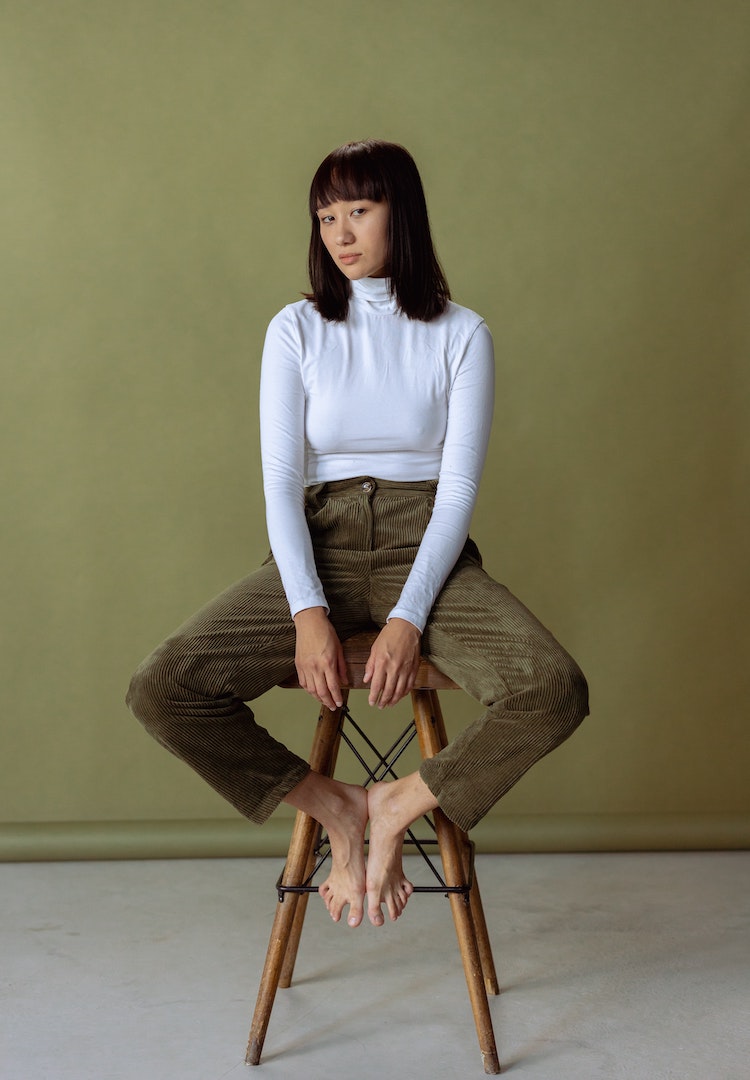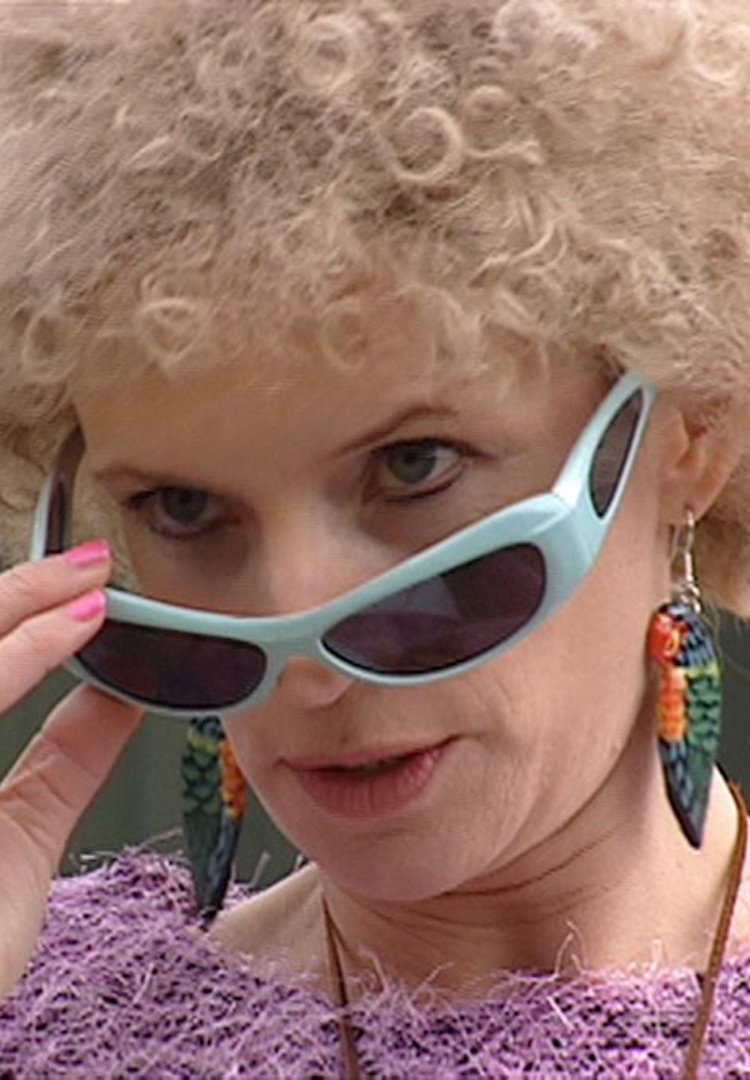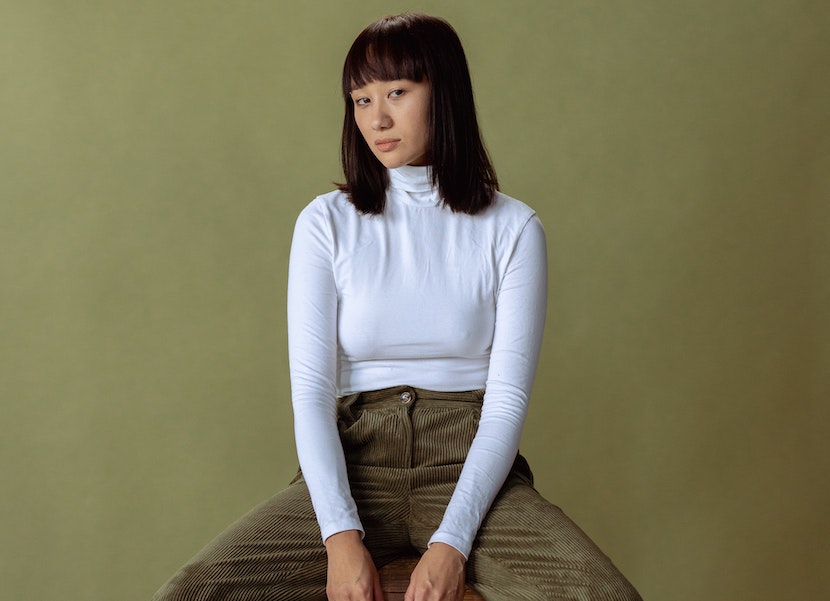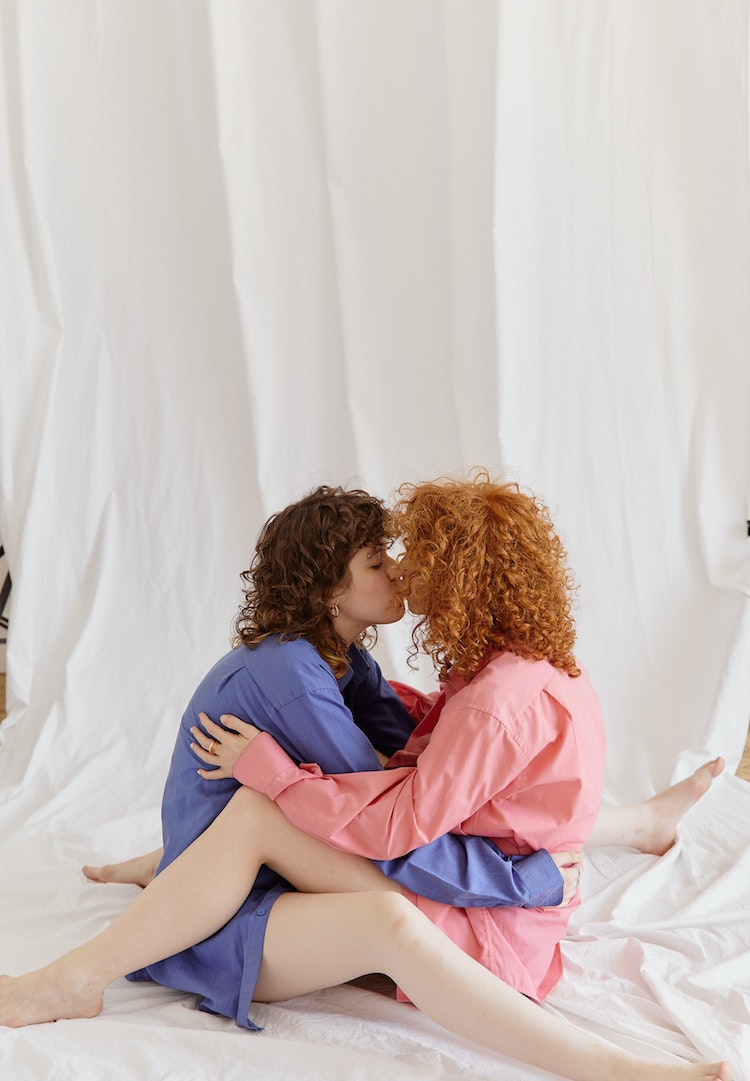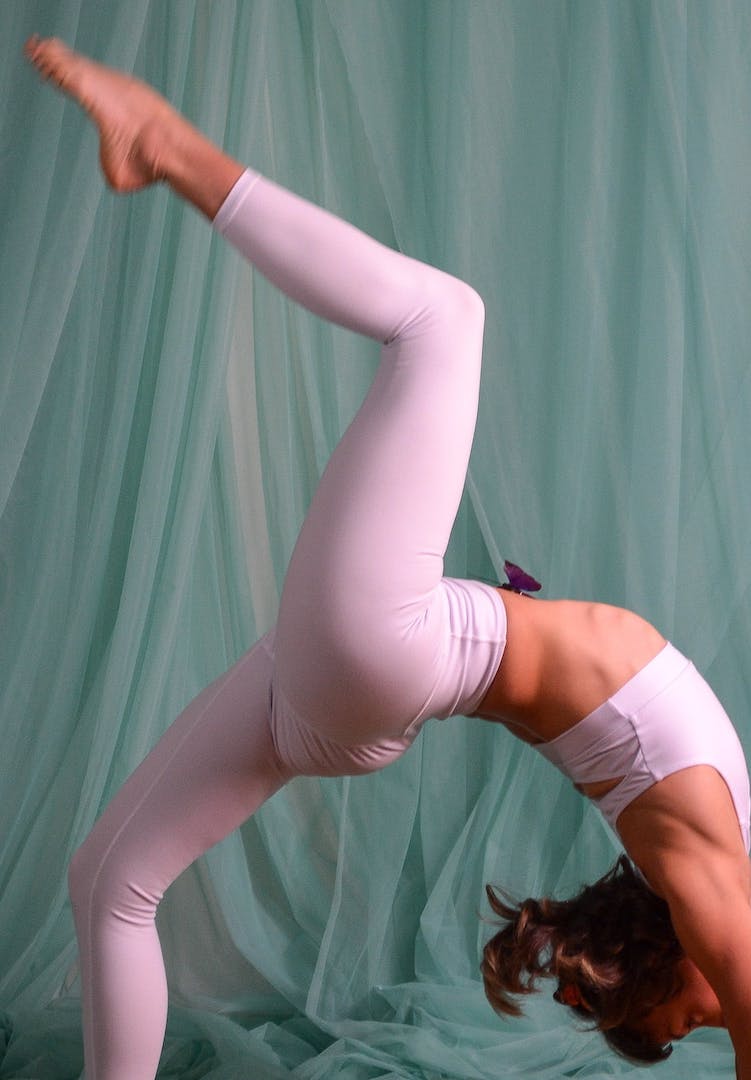What to expect from an adult sex education workshop
WORDS BY ALICE CHILD
“The more you learn about sex and pleasure, the more confident you’ll feel.”
Sydney-based somatic sexologist and sex and intimacy coach Alice Child is the founder of Vulva Dialogues. She works with individuals, couples and groups, helping people achieve happier, healthier and more fulfilled sex lives – whatever that means for them. Visit her website for more.
Most people feel really nervous at the idea of attending a group workshop – especially when the topic is as vulnerable and personal as sex and pleasure. And that’s completely understandable! Many find talking about sex with a partner challenging enough, let alone a room (or screen) full of strangers.
We might also be haunted by flashbacks of sex education at school and the waves of embarrassment and shame often felt by both the teacher and students. Traditional sex education is often confusing, sex-negative and filled with euphemisms and gaps, leaving people feeling less confident than they were before.
But attitudes are changing, and there are sexologists, companies and sex educators who are making up for lost time. They are passionate about making sex ed as inclusive, accessible, fun and sex-positive as possible, and workshops are a great way to dip your toe into the water. If you’re feeling nervous or unsure, then you’ll probably get even more out of attending a workshop.
Why do we need more sex education?
Sexual wellness (including pleasure) is a human right, as defined by the World Health Organisation. When we have a healthy, happy sex life, it’s been established that our mental and physical health improves, along with our relationships.
In addition, a consent-aware, shame-free society that receives comprehensive sex education is also less likely to suffer from high rates of sexual violence, assault and abuse. It’s time we saw sex and pleasure as a natural, normal and healthy part of life.
The sex education we received at school is not enough. Many adults know next to nothing about basic sex-ed, including pleasure anatomy, sexual communication, how to express consent, understanding arousal, orgasm and desire, navigating libido changes and how to listen to their own bodies. This impacts our relationships and people don’t know where to go for help.
In addition, we still live in a conservative society where sexual shame is pervasive, and where many of us are still too embarrassed, fearful, or ashamed to talk about sex. In order to have a great sex life, we need to learn how to listen to our bodies, discover what we like, how to ask for it, and how to confidently give and receive pleasure.
Workshops give people a safe, expert-led and judgement-free space to explore everything they need to know for a life of sexual happiness.
What can I expect from a sex workshop?
Every sexologist and sex educator has a different approach and style, so if you’re unsure exactly what you’re signing up for, I always recommend reaching out to the organiser. They’re normally very happy to answer any questions or concerns you might have.
It’s often a combination of education, exercises and practical tips relating to a specific sex or intimacy topic. Plus, the opportunity for attendees to ask any questions they may have. For example, you might learn some of the science and psychology behind sexual connection, and then get a chance to practice certain communication exercises, mindfulness practices or intimacy games.
Consent is at the heart of everything we do, so I never put people on the spot or make them contribute or ask questions if they don’t feel comfortable doing so. Some people simply want to come along, listen and learn without speaking up for themselves – and that’s very welcome. Although, as soon as they feel comfortable and safe, you’d be surprised how often people change their minds and have lots to contribute!
Most workshops have a code of practice that the organiser runs through with everyone before a session starts to make sure people feel safe and comfortable. Things like no photography, no recording, respecting other viewpoints, never being put on the spot, understanding consent and Zoom best practices for when the session is online.
In my sessions, there’s never any nudity or erotic touch unless it’s explicitly called out as a theme of the workshop (such as my clothing-optional, body-positive life drawing classes that I run for hen dos). But again, if in doubt – contact the organisers.
What are the benefits of group workshops?
Group learning environments are particularly powerful for sex education. Here’s why.
Hear multiple perspectives
Human sexuality is broad and complex, and no two people’s desires or questions are the same. Most people have some uncurious prejudices, misconceptions or assumptions when it comes to sex and intimacy. Workshops allow people to hear a diverse range of perspectives, experiences and backgrounds, as well as being expert-led.
This is why my workshops are open to everyone, regardless of age, gender, sexuality or experience. This helps everyone feel normal and increases empathy for other perspectives. People often get just as much value from each other as from the sex educator leading the discussion.
Overcome your sexual fears
If the idea of a sex ed workshop makes you nervous or embarrassed, you’ll probably get even more out of the session. Even just coming along to listen – without contributing yourself – will be a huge step for you in broadening your curiosity and challenging your own assumptions when it comes to sex and pleasure.
Sexual confidence
Exposure to sex-positive education allows you to grow your own sexual knowledge. The more you learn about sex and pleasure, the more confident you’ll feel.
Enjoy a better sex life
Good lovers are made, not born. We all need time, practice, confidence and knowledge to become great in bed. Workshops help give you the right education to achieve this, instead of relying on trial and error, porn, or talking to your mates at the pub. You will come away with new ideas, perspectives and exercises to try in your own life – either alone or with a partner!
Accessibility and affordability
Sadly not everyone has the financial means to get one-on-one personalised sex coaching or education. Workshops often cover many of the same topics and exercises, without the more personalised care. As a result, they can be much more affordable. I keep my weekly workshops at $30 to encourage as many people as possible to give them a go!
Expert-led topics
Topics and content within workshops are always carefully chosen and curated by an expert. They should be backed by science, and tried and tested with multiple people. As a result, they’re a great way to engage with brand new areas of sex and intimacy education that you might not have considered or had exposure to before.
Enjoy the liberation
Many people don’t get the opportunity to talk openly and happily about sex and pleasure in their day-to-day life. The effect of doing so can be really powerful and makes us feel more confident, connected and open-minded.
Bring a friend or partner
Workshops are also great because you can bring a group of friends or partner along with you if you need some more support. They are a great conversation starter, and many educators also offer private bookings for groups of friends, hen dos or parties. This means you get more bespoke education from the comfort of your own home.
Make a night of it
Many sex-ed workshops are designed to be really fun, creative and engaging. There can be wine, painting, pottery, drawing, dancing, performances – you name it! This is all to make great sex education as accessible and pleasurable as possible.
Sex-positive community
Similarly, workshops are an amazing chance to meet like-minded people and connect with your local or international sex-positive community.
Alice Child is a Sydney-based somatic sexologist and sex and intimacy coach and the founder of Vulva Dialogues.


